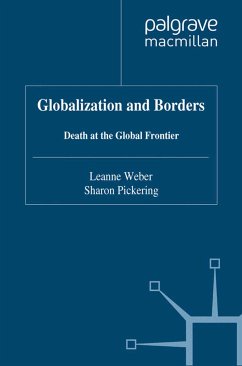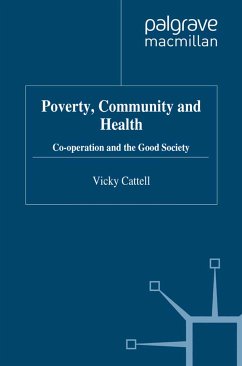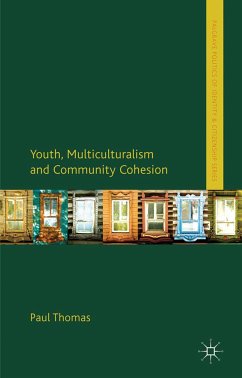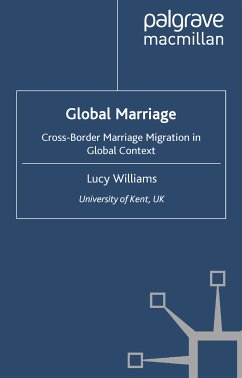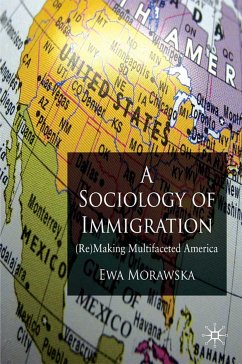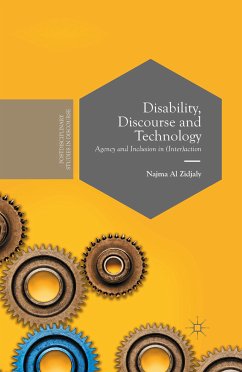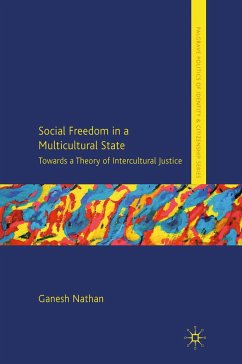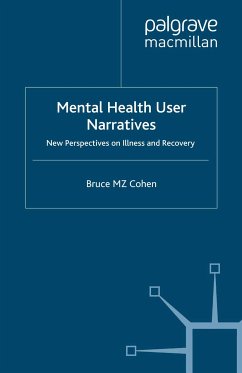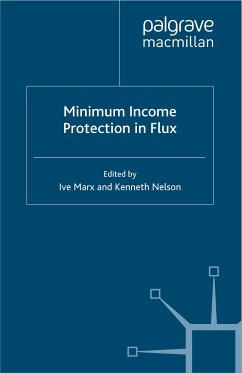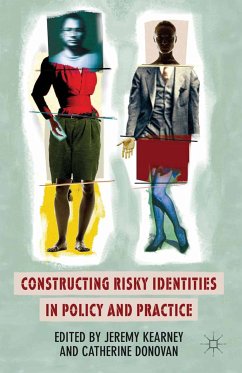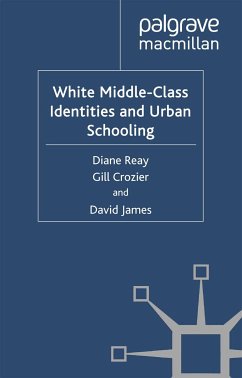
White Middle-Class Identities and Urban Schooling (eBook, PDF)
Versandkostenfrei!
Sofort per Download lieferbar
40,95 €
inkl. MwSt.
Weitere Ausgaben:

PAYBACK Punkte
20 °P sammeln!
This book examines experiences and implications of 'against-the-grain' school choices, where white middle class families choose ordinary and 'low performing' secondary schools for their children. It offers a unique view of identity formation, taking in matters like family history, locality and whiteness.
Dieser Download kann aus rechtlichen Gründen nur mit Rechnungsadresse in A, B, BG, CY, CZ, D, DK, EW, E, FIN, F, GR, HR, H, IRL, I, LT, L, LR, M, NL, PL, P, R, S, SLO, SK ausgeliefert werden.



